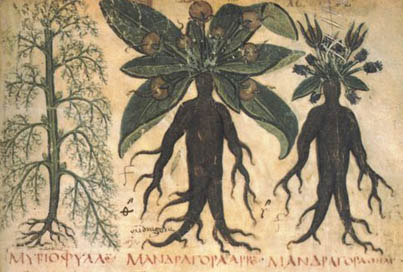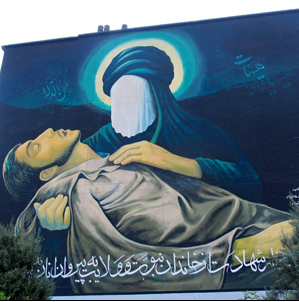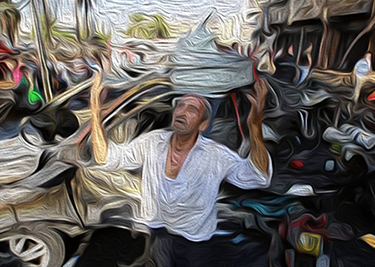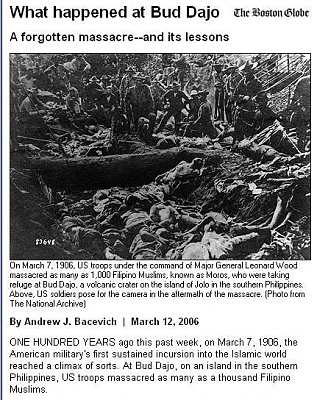
The latest issue of CyberOrient is available online.
Articles
Online and Offline Continuities, Community and Agency on the Internet
Jon W. Anderson
http://www.cyberorient.net/article.do?articleId=8355
The Earth Is Your Mosque (and Everyone Else’s Too): Online Muslim
Environmentalism and Interfaith Collaboration in UK and Singapore
Lisa Siobhan Irving
http://www.cyberorient.net/article.do?articleId=8336
Telling the Truth about Islam? Apostasy Narratives and Representations
of Islam on WikiIslam.net
Daniel Enstedt and Göran Larsson
http://www.cyberorient.net/article.do?articleId=8459
Comments
Digital Images and Visions of Jihad: Virtual Orientalism and the
Distorted Lens of Technology
Raymond Pun
http://www.cyberorient.net/article.do?articleId=8391
Reviews
Review: Arabités numériques. Le printemps du Web arabe
LuboÅ¡ KropáÄek
http://www.cyberorient.net/article.do?articleId=8352
Review: Media, Power, and Politics in the Digital Age. The 2009
Presidential Election Uprising in Iran
Zuzana Krihova
http://www.cyberorient.net/article.do?articleId=8386
Review: iMuslims: Rewiring the House of Islam. Islamic Civilization
and Muslim Networks
Vit Sisler
http://www.cyberorient.net/article.do?articleId=8385







